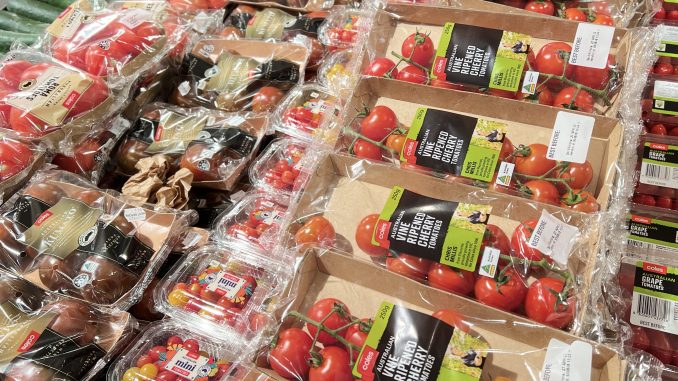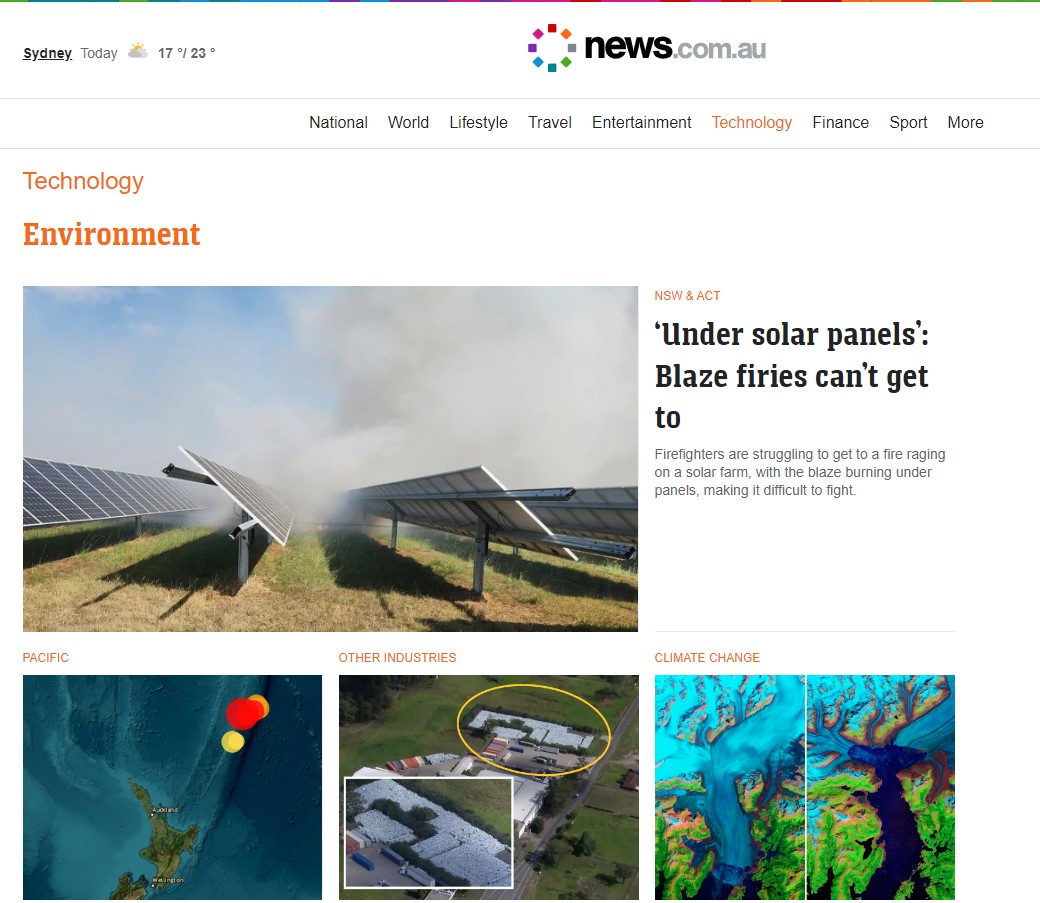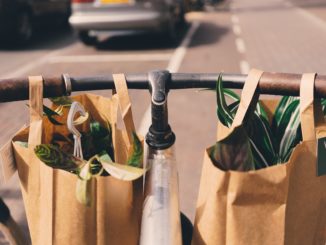
Story topic and angle
This story will focus on a series of sustainable development measures taken by Australian supermarkets Coles and Woolworths, such as, eliminating 15-cent plastic bags and reducing excessive packaging, and discuss how these measures are implemented and the effect of implementation.
From the perspective of the public, I would like to know their attitude about the supermarket’s sustainable commitment, including the need for public scrutiny, audience satisfaction, or whether they think it is deceptive “greenwashing”.
Therefore, this story is important because it understands the views of both enterprises and consumers on soft plastic recycling, removing the barriers to communication to know more about each other.
Background research
Woolworths has decided to phase out its 15c reusable plastic shopping bags from stores in New South Wales, Victoria, and Tasmania from April 17 to tackle the supermarket’s much-criticised plastic pollution problem.
In addition to Woolworths, Coles and Aldi are also encouraging customers to bring their own bags to promote sustainability, rather than buying them in-store.
The move came after REDcycle, a partnership of Coles and Woolworths, announced its closure in November 2022 after being unable to process soft plastic collected from supermarkets, leaving a big hole in Australia’s recycling industry.
The abrupt end of the soft plastic recycling program has left many consumers deeply disappointed. After the closure of REDcycle, consumers found that some Coles supermarkets still used packaging printed with the recycling logo of REDcycle.
Accordingly, Coles, Woolworths and Aldi have announced the formation of the Soft Plastic Taskforce and published the restart roadmap on 7 March 2023.
Supporting evidence
- Australian Competition and Consumer Commission (ACCC): authorises the Soft Plastic Taskforce to hold a joint supermarket roundtable to work together on solutions.
- Australian Packaging Covenant Organization (APCO): cooperates with the government to reduce the environmental impact of packaging, and help to understand the latest policy of packaging circular economy in Australia.
- Plastic Waste Makers Index: provides a comprehensive analysis of the global plastic waste crisis.
Target audience and publication
The target audience for this story is generally people who care about the environment, sustainability and the impact of human activity on Earth.
They can be the public interested in environmental issues, volunteers and activists, government officials who develop and enforce policies and regulations, corporate organisations such as Coles and Woolworths who need to conduct sustainable services, and so on.
This story is scheduled to appear on News.com.au. First, news.com.au is an online News website owned by News Corp Australia, covering domestic and international news. With 84.6 million users, News.com.au ranks first among news & media publishers in Australia and has a certain influence among the public.
Secondly, new.com.au has a dedicated news section on the environment, which enables audiences quickly located and retrieve environmental protection information they care about.

Interviewees
- Two customers who shop in Coles and Woolworths will be interviewed to understand how much they know about the soft plastic recycling plan and their attitudes towards the supermarket’s sustainable development measures.
- Coles and Woolworths spokesperson will be interviewed about their practices and regulations for soft plastic recycling and storage, and their expected results.
Multimedia, hypertext and interactivity
- Embedded Twitter posts
- Audio or video of the interview
- Hyperlinks to provide more information
- Photos of the soft plastic collection



Hello Hanyi. This is a very interesting topic! This proposal is informative and well-constructed and will appeal to many readers interested in sustainability. The news will have a strong sense of timeliness, human interest and proximity. The proposal uses hyperlinks and images to increase viewability. I would suggest that a short video interview would make the story more engaging.
I notice that you are going to interview supermarket customers and spokespeople about their attitudes and expectations regarding sustainability in supermarkets. This would complete the story very well. I think it would provide a more authoritative view of the news if you could add an interview with an environmental expert.
Overall, your proposal is very interesting and complete. Looking forward to your results!